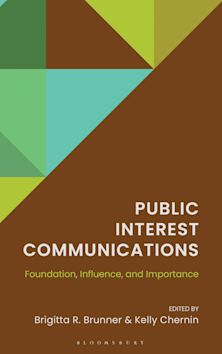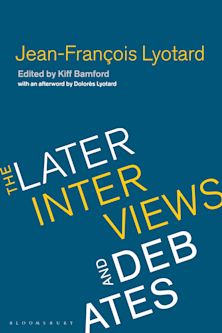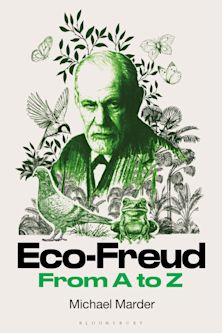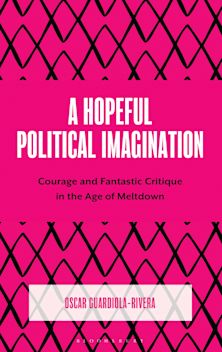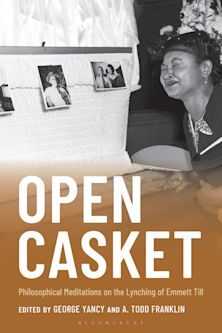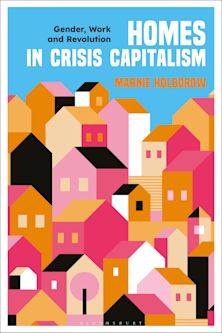The Philosophy of Philip Rieff
Cultural Conflict, Religion and the Self
The Philosophy of Philip Rieff
Cultural Conflict, Religion and the Self
This product is usually dispatched within 1 week
- Delivery and returns info
-
Free US delivery on orders $35 or over
Description
Arguing that Philip Rieff was a Freudian who departed in vital and fascinating ways from Freud, and a committed modern who nevertheless viewed modernity as a disaster, this book makes clear his thought transcends contemporary left-right culture war dichotomies.
Alasdair MacIntyre described Rieff's early work as 'a permanently valuable contribution to the human sciences.' The essays in this volume engage with Rieff's teaching, both early and late, across a number of different axes and from a number of disciplinary perspectives, placing him into dialogue with thinkers such as Plato, Nietzsche, Freud, Weber, Heidegger, Strauss, Pieper, Wilde and more. The Philosophy of Philip Rieff conveys the utility of Rieff's theory for thinking through various contemporary issues, from religion, culture and race, to the role of elites in a democratic society. Philip Rieff's thought offers a key to unlocking the cultural trajectories of late modernity, and this interdisciplinary volume engages that work in its depth and complexity while suggesting Rieff's place in the wider philosophic tradition.
Table of Contents
Part I: Rieff, Philosophy, Religion & Metaphysics
2. “You should be closest to him in heart when you resist him”: Rieff's Use of Nietzsche in Deathworks”, Michael P. Harding (Montgomery College, USA)
3. Self-Knowledge After Rieff, Christopher Anadale (St Mary's University, USA)
4. The Peculiar God of Philip Rieff, William G. Batchelder IV (Waynesburg University, USA)
5. Democratic Drift and the Therapeutic Deathwork, Paul J. Diduch (University of Colorado, USA)
6. Rieff, Strauss, and Heidegger: Sacred Sociology and the Prophecy of a New Social Order, Kevin Slack (Hillsdale College, USA)
Part II: Rieff and Cultural Change
7. Freud, Culture, and the Function of Political Elites: Philip Rieff on the “Virtuosi of Creation and Decreation.”, Ethan Alexander-Davey (Campbell University, USA)
8. Philip Rieff and the Resistance to Totalitarian Imagination, Joshua Bowman (Center for Social Flourishing, USA)
9. The Sexual Revolution, Sacred Order and Total Revolution: Philip Rieff and Augusto Del Noce on Wilhelm Reich, Carl Trueman (Grove City College, USA)
10. Philip Rieff's Critique of Oscar Wilde, Expressive Individualism, and the Religion of the Self, Jacob Wolf (Princeton University, USA)
11. Philip Rieff and the Politics of the Cold War, Yiftach Ofek (Shalem College, Jerusalem)
12. Beloved Community and Black Power: An Application of Philip Rieff's Theory to the Divergence of King and Carmichael in Civil Rights History, James Patterson (Ave Maria University, USA) and William G. Batchelder IV (Waynesburg University, USA)
13. Locating the Sacred: Notes Toward a Rieffian Sensibility, Elisabeth Lasch-Quinn (Syracuse University, USA)
Product details

| Published | Feb 20 2025 |
|---|---|
| Format | Hardback |
| Edition | 1st |
| Extent | 328 |
| ISBN | 9781350424548 |
| Imprint | Bloomsbury Academic |
| Dimensions | 9 x 6 inches |
| Publisher | Bloomsbury Publishing |
Reviews

ONLINE RESOURCES
Bloomsbury Collections
This book is available on Bloomsbury Collections where your library has access.














